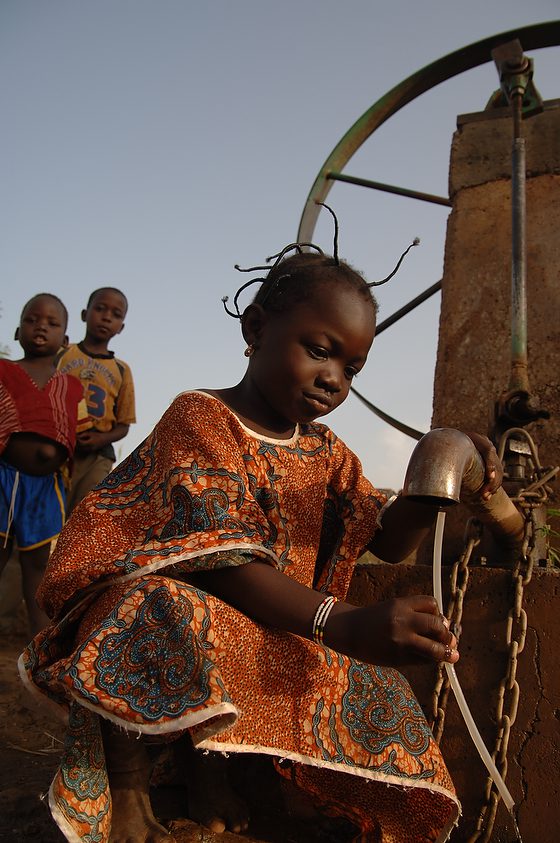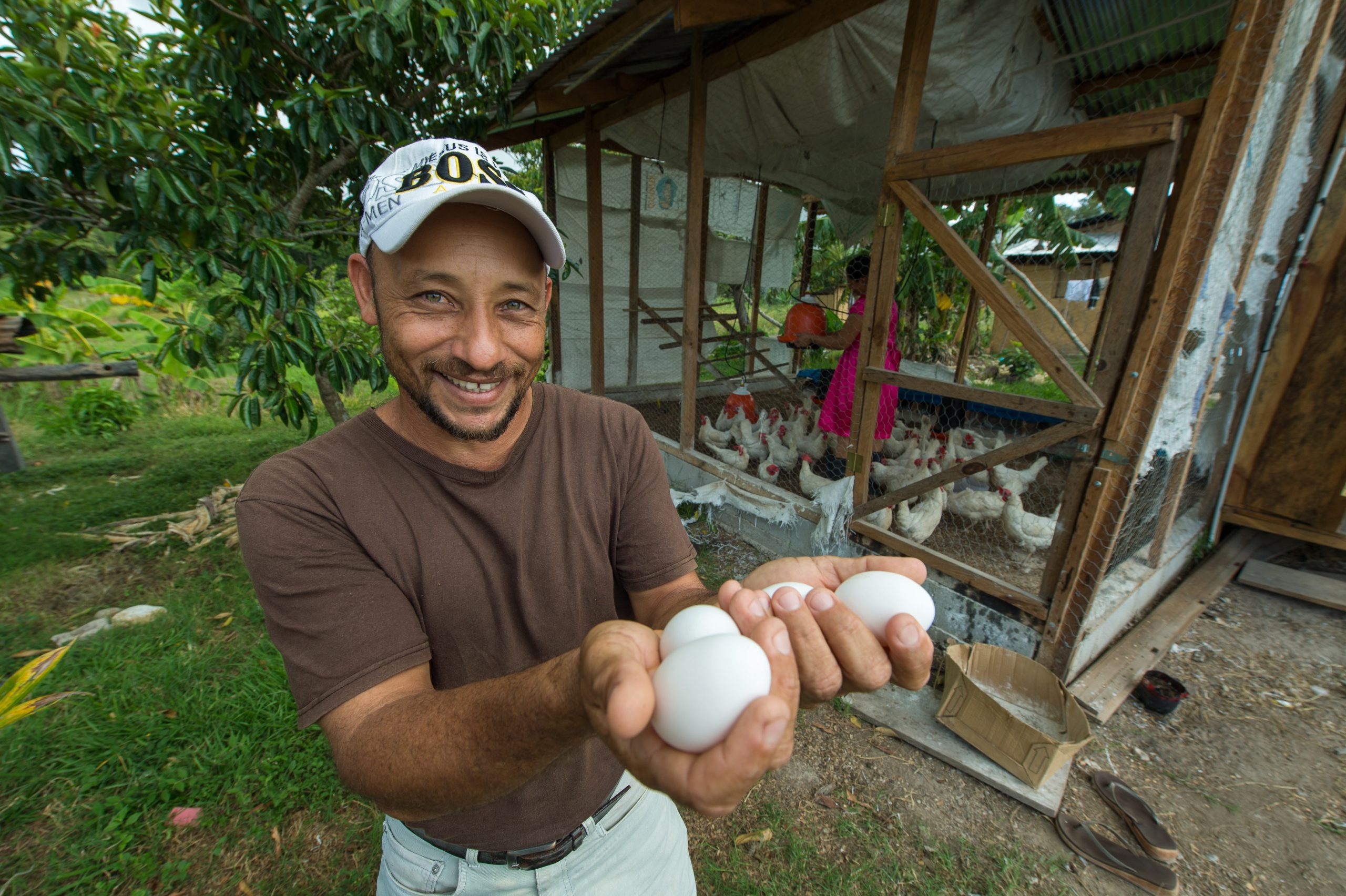
“I feel God calling me into missions photography …” or “I want to be a humanitarian photographer and would like to meet you,” are two things I am hearing almost weekly now.
To make this dream a reality is to engage your head and your heart in this journey.
Reasons not to become a humanitarian/missions photographer
1. The field is overcrowded. If you live in a major city like Atlanta you are very much aware of traffic jams. Another great comparison is going to Universal Studios or Disney World. You are going to stand in a very long line because this is a very popular job. This field is not just crowded, every day more and more people are wanting and trying to become photographers.

4. It is a business. Since the 1970’s staff jobs are actually dwindling. More and more photographers are freelancers who must pay higher taxes and higher healthcare insurance than their staff counterparts. Don’t forget you need camera insurance and liability. You must first be a business person and then a photographer.

5. You have to be outstanding and not average. If you watched American Idol then you have a good comparison to this industry, but the numbers are greater. Everyone owns a camera and many think they can make great photos. American Idol auditions hundreds of thousands to get it down to 25. If you go back to past seasons not all of those 25 finalists are making a living at it. The odds are similar in photography. There are many great photographers, but they didn’t have the complete package to make it.
6. Everyone owns a camera and can make a photo. Think about this for a while. Why pay you to photograph something when they can take it themselves?
7. 95% of your time you are not making pictures. Even the most successful National Geographic Magazine photographers spend only a fraction of their time shooting. Most of the time you are researching a topic or an organization trying to find ways you can help them achieve their goals.

8. It’s not about you. If you want to take pictures because you have an interest in something, well unless an audience is willing to pay you to see your work there is no career for you. The most successful photographers today are not focused on telling a story with their camera–they are focused on connecting the subject with the audience to achieve a goal.

Here are some questions you need to answer
1) Why do you want to be a photographer? If your answer is I like to take pictures and meet people, then keep on doing this as a hobby. If you want to tell the stories of some people you have met, you still need to keep this a hobby.
Humanitarian and missions photographers are goal focused. When I am photographing an orphan I am wanting to help them find a parent. Some who will see my photos may give money to cover their housing and food until they find a parent and this good, but my goal is to move people’s hearts to take this child in.
My goal is not to tell the orphan’s story. Do you see the difference?

2) Why should you be the photographer? If the goal is to do something, why are you the best selection and not a professional photographer who has given their life to not just taking pictures, but to the cause? If the goal is to get an orphan adopted why would anyone want to have a photographer shoot it that has never helped anyone get adopted verses the photographer that does. Think about it why not hire William Albert Allard who made the famous photos of the little shepherd boy who lost his heard to a reckless driver in Peru? Allard’s photos moved the readers of National Geographic Magazine to replace his herd and then some.

3) What are you doing to be the very best photographer? Organizations that want to achieve their goals are not going to let just anyone photograph for them. Actually they want to keep most photographers away from their projects. Many photographers will do more harm than good. Too many photographers are just trying to build a portfolio rather than help.
I am called to be a photographer
a. Business and marketing – You need to understand how to price your work, how to negotiate with a client and most importantly how to find a client.
b. Psychology – You need to be able to work with a variety of people from all walks of life. You need to be able to get to know people in the most intimate way possible in the shortest time possible, because you will be telling their story as an expert on their life.
c. Photography – You need to know how to make your camera do what will work in any situation. You need to be able to not just capture something, but help capture it in a way that sets the mood as well as captures the moments. To do this you will need to master: Aperture; Shutter Speed; Hot Shoe Flashes; Studio Strobes; Available Light; Composition and much more.

3. Study with a master – Take a workshop with someone who is known for storytelling that also is known to help organizations meet their goals. I will be teaching you how to photograph in another culture, how to tell the story and reach your audience with the message.
4. Go to seminars and workshops to get inspiration. You will be able to hear successful photographers talk about their work. The room is often filled with current masters of humanitarian and missions photography.
5. Get critiqued to learn – Don’t show your work to just get pats on the back. Show you work to people who can point out the basic things you are missing early in your career and as you grow can teach you about the nuances. If your purpose is only to show your work and have everyone applaud only – well then you need to keep this as a hobby, because even the masters of the craft look for ways to get even better.


